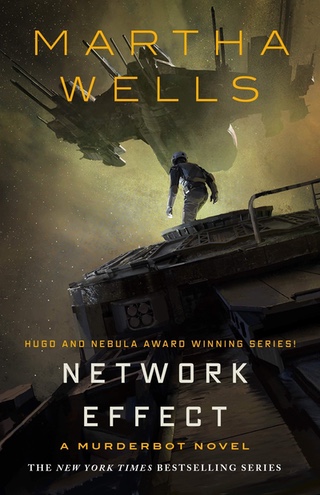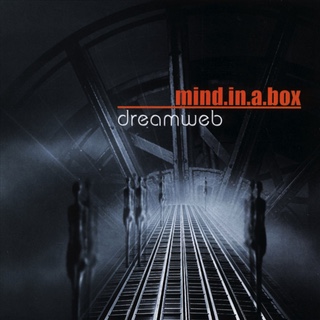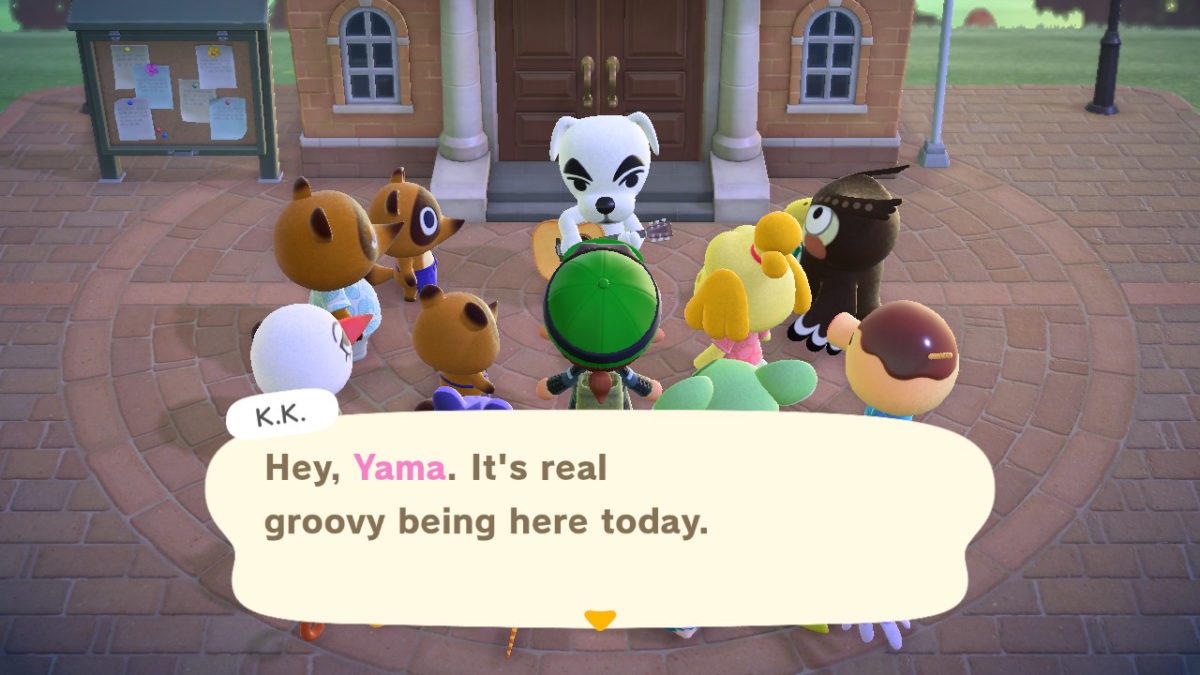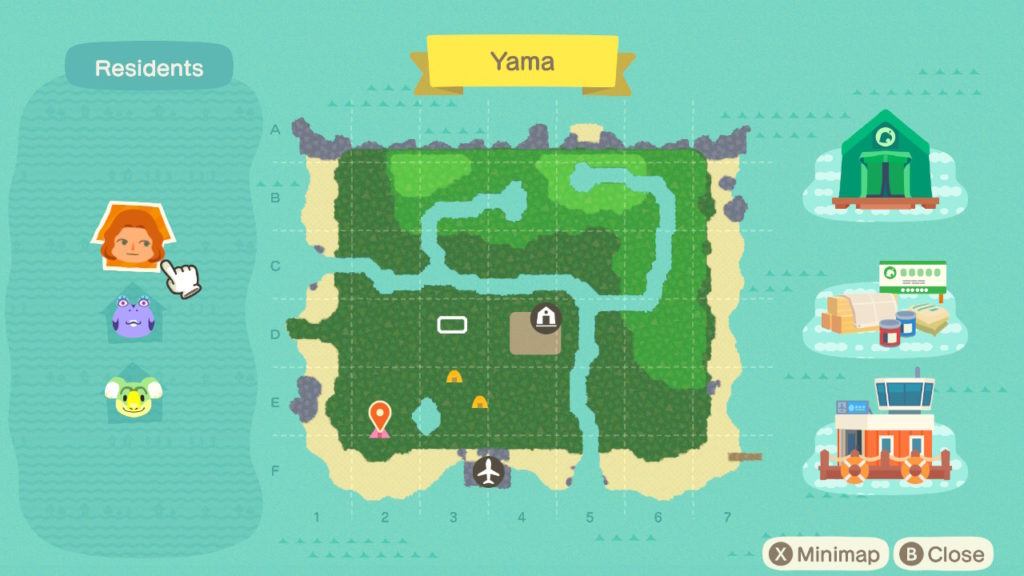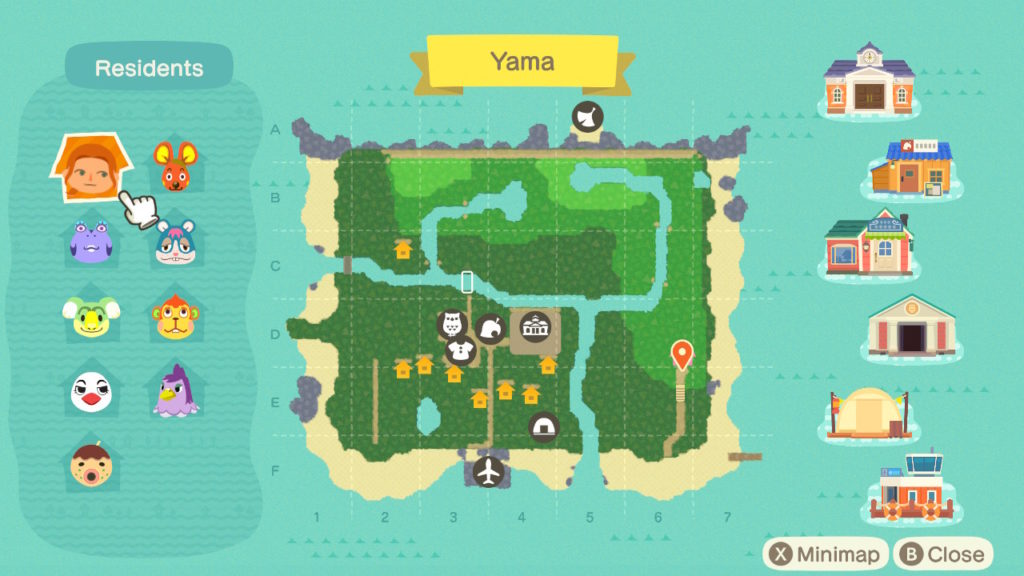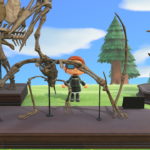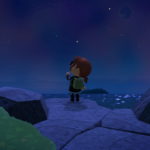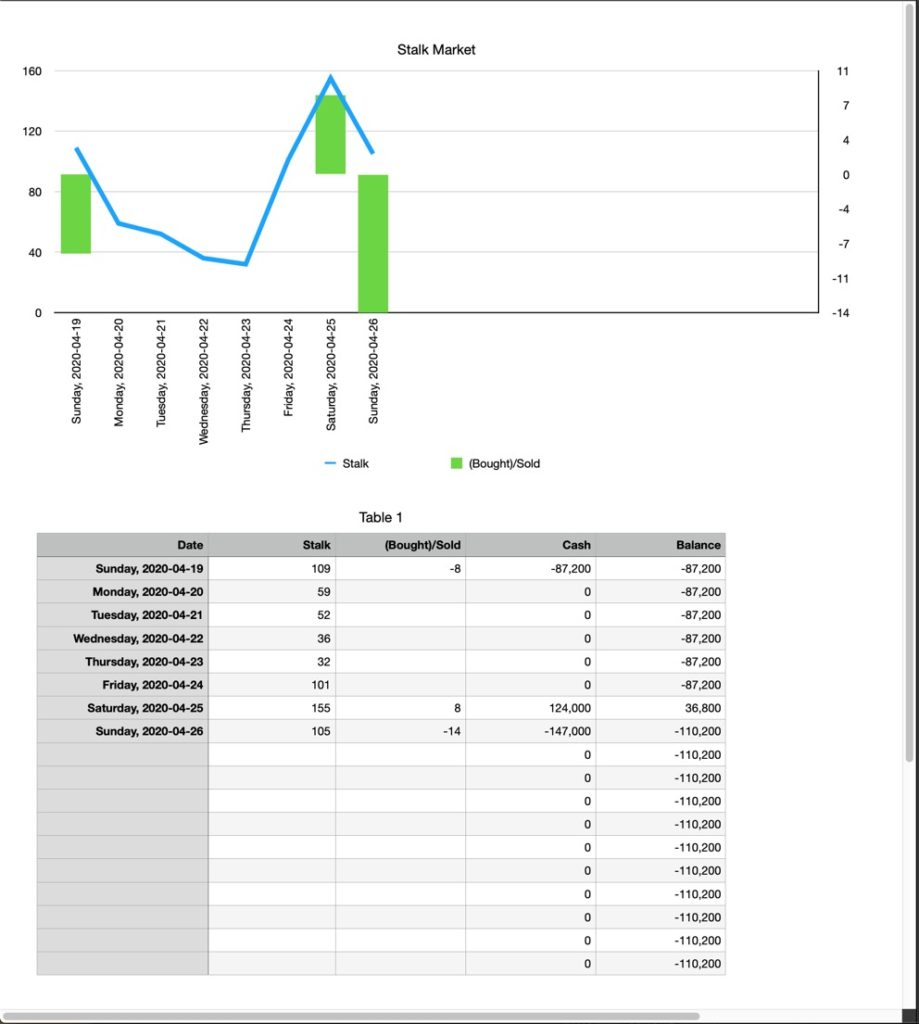A very standard modern zombie outbreak movie, remake of the Dawn of the Dead (2004) remake with a Korean train instead of a mall. It's entertaining, but never really tense or frightening beyond jump scares. Lots of fake blood but very little gore, it's no Tom Savini flick.
The most neglectful financier asshole father and his implausibly nice daughter go on a train ride to let her visit her mother (separated, not yet divorced but you know they should be). Rest of the passengers are wrestler/MMA dude & pregnant wife, gay jock teen (well, he's closeted, but it explains his behavior) & his disappointed wannabe-girlfriend, two old ladies, scruffy hobo survivor, awful corporate executive, train crew, and a few extras who aren't gonna get even cardboard personalities. Names are in short supply, and provide no plot immunity, the train's aggressive about whittling down the cast.
The one slightly different take in this is everyone's moral except the asshole and the older executive is "cooperate, think about other people first". His self-interest and survival instinct would make him the hero in a Hollywood zombie flick, George Clooney in that garbage "we took the title from World War Z but none of the good stuff" flick. Everyone who acts selfishly in this dies horribly, except our asshole who gets to learn a lesson about being a team player and a good father.
But the real moral of the film, as with Snowpiercer, Harry Potter and the Horrible Train (I don't remember which book; all of them really), Throw Momma from the Train, Under Siege 2 (double threat: You might get molested by Steven Seagal, AND killed by terrorists), Murder on the Orient Express, and more, is: Don't get on a train. Drive on the roads, go cross-country on bikes, get a boat, whatever you have to do, never get on a train because it'll always be full of bad guys, you can't get off, and there's only one way forward or back. Even if you lock them in a carriage, they get off when you do. Trains = death.
I'm perplexed at how the asshole's assistant is still alive and making calls like business as usual, only suffering a little moral crisis, when everywhere else is infected. We hear other people dying on phone and TV.
The "safe zone" plays off the Korean DMZ. The country ought to be pretty secure against zombie plague, Seoul and a few other open urban areas might be a total loss, but between Korean and US military (currently 23,468 troops) every smaller city should be able to fortress up pretty quick, and we don't see that in this. Early on, politicians are just calling it "riots", and that has kind of a bad connotation for not-so-distant Korean history where rioters get killed by cops & military.
Let's talk about the fast zombie thing. Romero based Night of the Living Dead on Richard Matheson's I Am Legend (adapted badly into movies that totally miss the point four or more times), where the recently-turned "vampires" were slow, stupid, lost their old mind and took some time to get new ones. And so in the first NotLD, they're slow, fried-chicken-eating, implacable, but incapable of even prying up a plank; easy pickings for Texans to kill off. In Dawn of the Dead they started to repeat living behaviors, and sometimes had basic hunting tactics. In Day of the Dead, probably the best of the series, they're becoming smart hunters like Bud and the ones in the cave; simple barriers no longer work, only total isolation will save you. In Land of the Dead, the living have tried to cohabitate with zombies, keeping up a barrier wall around a city, foraging outside, while the increasingly smart zombies try to get in. To take back their world from the monsters called "Humans", finally achieving what Matheson was after in a short novel after 4 movies. Zombies are threatening in these, not because they're fast or powerful, but because they never stop, and while they're not smart yet, they're getting smarter.
Fast zombies throw that out for a cheap jump scare. Turning takes a few seconds instead of the minutes or hours it takes to die and rise for the Living Dead; which means you can't have any drama about someone bit and turning, no hope of a cure or cauterizing a wound or any desperate measure. Just bite, they're dead and join the mob. The best case in this film is about 2 minutes, and that's for a limb bite on a named character; if you have no name, or get it in the neck, you're gonna turn so fast.
Additionally, we see these zombies have very limited senses, they hunch up and stagger around like drunk frat boys, they're not coordinated… until the scene needs them to be, and then they can run, jump, climb over each other. In some scenes they're charging berserkers, strong enough to bust glass doors & windows, in others they're weak and flabby, pathetic things just asking to be let in. So I'm a little frustrated and disappointed by all of the director's choices there. It's still fine, adequate, but that's what keeps it from getting that coveted half-star or more above average from me.
There's an animated prequel, Seoul Station (apparently on 'zon Prime? Will look later), and a sequel movie, Peninsula, supposed to come out this year, but obviously the current zombie^W coronavirus outbreak might interfere with that. There's also a Hollywood remake, which you should burn before watching; if only there was a zombie outbreak killing everyone in Hollywood, the average quality of movies in the world would double.
★★★☆☆
